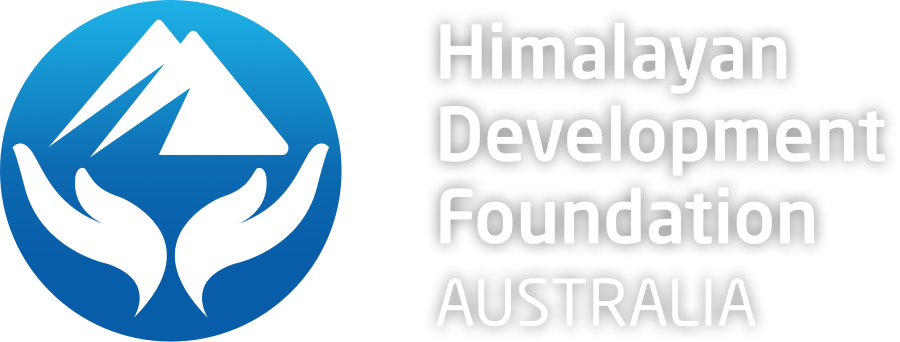Livelihood improvement
Read about our flagship livelihood improvement initiative: Seeds of Hope
The main occupation in the mountains of Nepal is agriculture, including gardening, animal husbandry and collection of wood and grass for fuel and fodder. Some families conduct trade over the high passes with Tibet/China. A number of families host visitors. People from these communities also work as porters, sherpas or cooks in the trekking/tourism industry, and as (often manual) workers in Kathmandu or internationally. Thus economic opportunities are relatively limited, though tourism offers a potential growth area.
Traditional families can be quite large, leading to a squeeze on resources, both while children are young, and as they grow to maturity. Some children can assist their parents, others may join monastic communities, but the lack of local opportunities leads some youth to depart for cities and other countries (such as Thailand and the Middle East) where lowly paid work or even indentured labour may seem more attractive than a life of scarcity at home.
There are several barriers to economic development including the remote location and poor transport, communication and infrastructure, a lack of basic education among the population, lack of awareness of business principles and lack of capital and means of accessing capital, due to the preceding factors.
HDFA is working with local communities to identify and develop alternative economic opportunities.

